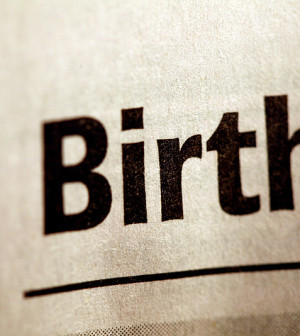- The Long-Term Effects of Daily Turmeric Supplements on Liver Health
- Could Your Grocery Store Meat Be Causing Recurring UTIs?
- Are You Making This Expensive Thermostat Error This Winter?
- Recognizing the Signs of Hypothyroidism
- 10 Strategies to Overcome Insomnia
- Could Artificial Sweeteners Be Aging the Brain Faster?
- Techniques for Soothing Your Nervous System
- Does the Water in Your House Smell Funny? Here’s Why
- Can a Daily Dose of Apple Cider Vinegar Actually Aid Weight Loss?
- 6 Health Beverages That Can Actually Spike Your Blood Sugar
Health Highlights: Oct. 24, 2014


Here are some of the latest health and medical news developments, compiled by the editors of HealthDay:
Surgeons Transplant First Non-Beating Heart
Surgeons in Australia say they successfully transplanted a heart that had stopped beating for up to 20 minutes.
Until now, heart transplants have only been able to use still-beating hearts from brain-dead donors. But a surgical team at St. Vincent’s Hospital in Sydney took a non-beating donor heart and revived it in a machine called a “heart-in-a-box,” BBC News reported.
In this device, the heart is kept warm and bathed in a nutrient-rich fluid that helps minimize any damage to the cardiac muscle.
Michelle Gribilas, 57, suffered from congenital heart failure and was the first person to receive such a heart. She told the BBC, “Now I’m a different person altogether. I feel like I’m 40 years old — I’m very lucky.”
Two more successful non-beating heart transplants have followed her case, the hospital said.
Experts believe the “heart-in-a-box” technique, also known as machine perfusion, might lead to a 30 percent increase in the availability of a variety of organs for transplant.
“This breakthrough represents a major inroad to reducing the shortage of donor organs,” Peter MacDonald, head of the heart transplant unit at St. Vincent’s, told the BBC.
Copyright © 2026 HealthDay. All rights reserved.










